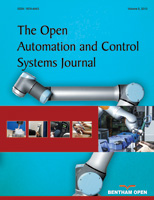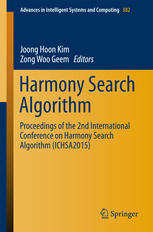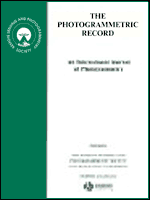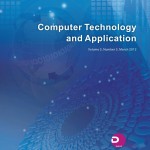 Anti-terrorism researcher Nasrullah Memon has notched seven more retractions, bringing his total up to 15 — earning him a spot on our leaderboard.
Anti-terrorism researcher Nasrullah Memon has notched seven more retractions, bringing his total up to 15 — earning him a spot on our leaderboard.
We previously reported on eight pulled papers authored by Memon, based at the University of Southern Denmark in Odense. There was some confusion over whether his count then increased to nine — but, following a retracted retraction, his total was back to eight.
Now, it seems like the retracted retraction has been re-retracted, and six other of Memon’s publications have been pulled. Memon has also been found guilty of plagiarising his PhD thesis, and more of his work is being questioned online.
The retraction notices for the newly pulled material — all published by Springer — include the following statement: Continue reading Seven more retractions for anti-terrorism prof brings count to 15








